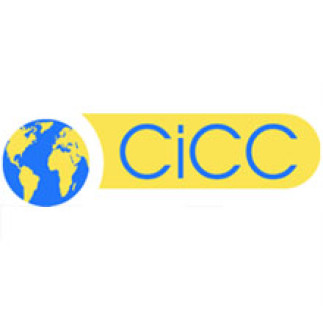Guest speaker : Christopher Greco
Christopher Greco is a CICC postdoctoral fellow. His current work involves researching how Quebec provincial court judges interpret and enforce section 172.1 (Luring a Child) of the Criminal Code of Canada. Christopher’s research interests also include the theoretical development of (moral) panic and sex work as political and socio-criminological concepts.
Summary
When members of the Parliament of Canada passed legislation to criminalize the act of luring a child (Bill C-15A, 2001) little was known of the phenomenon. The same can be said when sanctions associated with the behaviour were doubled (Bill C-277, 2007) and mandatory custodial periods introduced (Bill C-10, 2011). In part, these amendments were said to appease the public and prevent judicial discretion from allowing convicted ‘pedophiles’ to go unpunished. Nine years after Bill C-277’s royal assent (2007) and four years after that of Bill C-10 (2012), few studies have examined the type of persons convicted of violating section 172.1 (Luring a Child) of the Criminal Code of Canada and/or the circumstances of their cases. To help establish the legislative context of forthcoming research on section 172.1 cases tried in the province of Québec, I here use the concept of (moral) panic to outline a construction of Internet child luring as a social problem and criminal offence.
Conférence présentée par le Centre international de criminologie comparée

